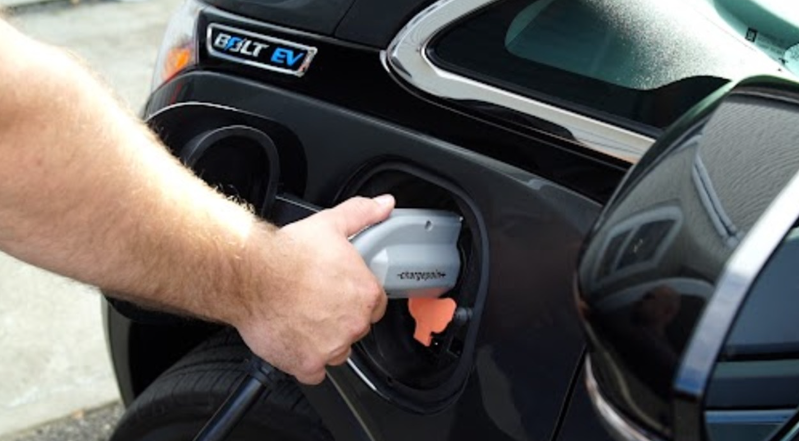Despite recent media reports suggesting declining consumer demand for electric vehicles (EVs) a new survey from Consumer Reports shows that U.S. consumer interest in these clean vehicles remains strong. About half of Americans say they want to test drive an electric vehicle during their next dealer visit. This statistic highlights a significant opportunity for the automotive industry to engage potential buyers and address their concerns about electric vehicle technology.

While it's true that EV sales are growing at a slower pace than in previous years, the trend doesn't necessarily indicate a waning interest in the technology itself. Many consumers have legitimate concerns about various aspects of electric vehicles, including charging infrastructure, battery life and overall cost. However, these concerns have not stopped them from exploring the possibility of owning an electric car. Chris Harto, senior policy analyst for transportation and energy at Consumer Reports, emphasized that consumer interest in clean vehicles remains strong, but many still have issues that need to be addressed.
Advantages of electric vehicles
Electric vehicles offer numerous advantages that make them an attractive option for environmentally conscious consumers. One of the most significant benefits is its zero-emission operation. Pure electric vehicles use electric energy and do not produce exhaust gas when driving, which is conducive to environmental cleanliness. This feature is consistent with the growing global focus on sustainable development and reducing carbon footprints.
In addition, electric vehicles have high energy utilization efficiency. Research shows that when crude oil is refined, sent to power plants to generate electricity, charged into batteries, and then used to power vehicles, it is more energy efficient than refining the oil into gasoline for use in traditional internal combustion engines. This efficiency not only benefits the environment but also enhances the economic viability of electric vehicles.
The simple structure of electric vehicles is another advantage. By relying on a single energy source, electric vehicles no longer require complex components such as fuel tanks, engines, transmissions, cooling systems and exhaust systems. This simplification not only reduces manufacturing costs but also minimizes maintenance requirements, making electric vehicles a more practical option for consumers.
Enhance driving experience
In addition to environmental benefits, electric vehicles offer a quieter and more comfortable driving experience. Vibration and noise during operation are minimal, creating a peaceful atmosphere inside and outside the cab. This feature is particularly attractive to consumers who prioritize comfort and tranquility during their daily commute.
Electric vehicles also provide a wide source of raw materials for power generation. The electricity used to power these vehicles can come from a variety of primary energy sources, including coal, nuclear and hydroelectric power. This versatility alleviates concerns about oil resource depletion and promotes energy diversification.
Furthermore, electric vehicles can play a vital role in optimizing energy consumption. Generating companies can charge EV batteries during off-peak hours when electricity is cheaper, effectively smoothing out peaks and troughs in energy demand. This capability not only improves the economic benefits of the power company, but also helps the power grid become more stable and efficient.
Conclusion
As consumer interest in electric vehicles continues to grow, it is critical that potential buyers actively engage with the technology. Test drives have proven to be a powerful tool for converting interest into actual purchases. Previous research has shown that the more direct experience an individual has with an electric vehicle, the more likely they are to consider purchasing one.
To facilitate this transition, automakers and dealers must prioritize consumer education and provide opportunities for hands-on experience with electric vehicles. Addressing the areas of greatest interest to consumers – such as battery life, cost of ownership, actual range and available tax credits – is critical to alleviating concerns and cultivating a more informed consumer base.
All in all, the future of transportation leans toward electric vehicles, and the benefits are undeniable. From environmental benefits to the potential to enhance the driving experience, electric vehicles represent a major advancement in automotive technology. As consumers become more aware of these benefits, there is a need for them to take the initiative to experience electric vehicles themselves. By doing so, they can contribute to a cleaner, more sustainable future while enjoying the many advantages that new energy vehicles have to offer.
Post time: Oct-29-2024


